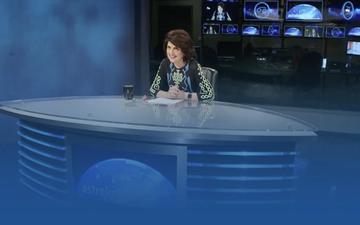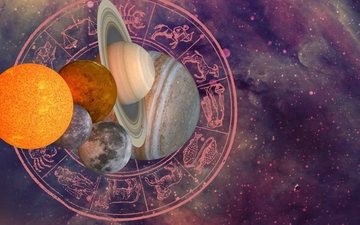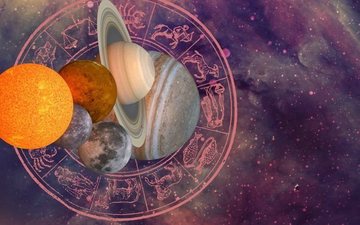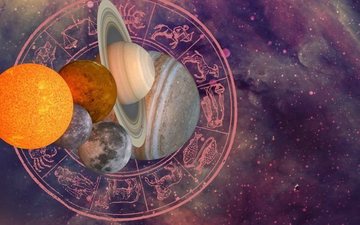
Most people have occasional emotional ups and downs, but if you have a brain condition called bipolar disorder, feelings can reach extremely high or low levels. Sometimes you can feel extremely excited or energetic. Other times, you may find yourself in deep depression.
There are four basic types of bipolar disorder:
- bipolar disorder 1
- bipolar disorder 2
- cyclothymic
disorder - other specified and unspecified bipolar disorder
Bipolar 1 vs bipolar 2
All types of bipolar disorder are characterized by episodes of extreme humor known as episodes of mania. Decreases are known as depressive episodes. The main difference between bipolar 1 and 2 disorders lies in the severity of the mania episodes caused by each type.
A person with bipolar 1 disorder will experience a full episode of mania, while a person with bipolar 2 disorder will experience only one hypomanic episode (a period that is less severe than a full manic episode). A person with bipolar 1 disorder may or may not experience a major depressive episode, while a person with bipolar 2 disorder will experience a major depressive episode.
What are the symptoms of bipolar disorder?
Bipolar 1 disorder causes obsession and can cause depression, while bipolar 2 disorder causes hypomania and depression.
Mania
Such an episode is more than just a feeling of joy, high energy or distraction. During an episode of mania, the mania is so intense that it can interfere with daily activities. People who are in this stage of bipolar disorder can make some very unreasonable decisions, such as spending large sums of money they can not afford to spend. They may also engage in high-risk behaviors, such as sexual neglect despite being in a committed relationship.
Hypomania
A hypomanic episode is a period that is less severe than an episode of complete mania. Although less severe, a hypomanic phase is still an event in which the behavior differs from the normal state.
DEPRESSION
Depressive symptoms in someone with bipolar disorder are similar to those in someone with clinical depression. They can involve long periods of sadness and despair. Other symptoms include:
- fatigue
- irritability
- difficulty concentrating
- changes in sleeping habits
- changes in eating habits
- suicidal thoughts
Source: Healthline





